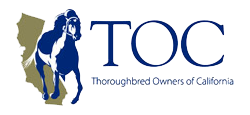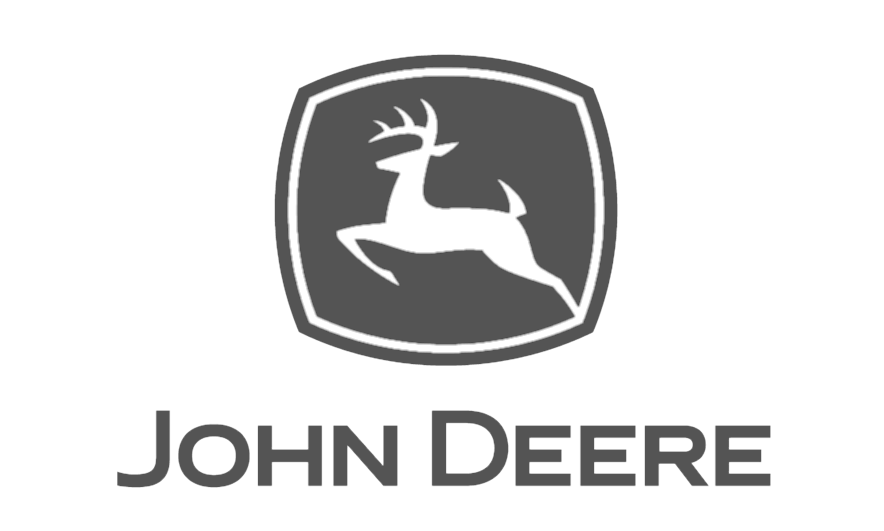By Joost van Adelsbert
When the time comes to sell a horse, the owner may be presented with many different means of closing the sale. Common Questions may arise, such as should one sell the horse for cash or trade the horse for another?
Regardless of which method an owner chooses, there can be some significant tax implications. This article will look at several methods of dealing with the tax implications and differing tax treatments.
Ordinary Income vs. Capital Gain
The breeder who sells weanlings or yearlings will always recognize ordinary income on the net proceeds from the sale and be taxed at his/her highest marginal rate. However, if the breeder waits until the horse is at least two years old, the net proceeds will qualify for capital gain treatment, and the owner will be taxed at the current maximum rate of 28%. The reason for the difference is that the holding period necessary to qualify the proceeds from the sale of a horse for long term capital gain treatment is a minimum of two years.
Inventory vs. Capital Asset
The same rules generally apply to owners of racehorses. Fortunately, there is one major difference. For the racehorse owner, the horse is considered an asset used in a trade or business and is depreciable. Just like any other business asset, when the horse is sold, the depreciation taken in the past must be recaptured and thus taxed at ordinary rates. For horses owned less that two years, the entire gain is taxed at ordinary rates. However, if the owner keeps the horse for longer than two years, only the portion that is required to be recaptured will be taxed at ordinary rates. The remainder will be taxed at the current, lower, more favorable capital gains rate.
The scenarios described above assume that the horse owner has made a profit on the sale. What happens if the horse is sold for a loss? Because the horse is considered a business asset, any loss incurred on the sale of the horse would be considered “ordinary.” In that event, an owner can offset that loss against other income that is taxed at the owner’s marginal rate.
“Like-Kind Exchange”
Another method available to the horse owner is to trade one horse for another in what is commonly known in the Tax Code as a “like-kind” exchange. As long as no cash or “boot” is involved, generally, no gain or loss will be recognized on the exchange by either party. The basis of the acquired horse will be transferred for the basis of the horse exchanged. Believe it or not, to be considered “like,” the horses involved in the exchange must be of the same sex.
Horse owners should consider the various tax consequences of selling horses.
If cash or other items referred to as “boot” changes hands, then the owner receiving the boot will have taxable gain to the extent of the lesser of the cash received or the realized gain.
For example, “Bill” wishes to exchange his horse for “Jane’s” horse. Bill’s basis is $12,000, and Jane’s is $10,000. Both agree that Bill’s horse has a fair market value (FMV) of $14,000 and Jane’s has a fair market value of $10,000. So, Jill agrees to give Bill $4,000 in cash.
Bill Receives
(FMV) of horse and cash) $14,000
Bill Gives
(Basis of horse) $12,000
Realized Gain $2,000
Cash Received $4,000
Gain Recognized
(Lesser of Gain or Cash) $2,000
If Bill owned his horse for more than two years, then the taxable gain in excess of the depreciation deductions previously taken will be taxed at the more favorable capital gains rate. Otherwise, the gain will be ordinary, and taxed at Bill’s marginal tax rate.
Installment Sales
Another option available to the horse owner, albeit extremely rare in this industry, is installment reporting. Under this method, the seller agrees to finance the buyer’s purchase by receiving payments from the buyer over time. For tax purposes, the seller may choose to either recognize the entire gain in the year of the sale or defer the gain and pay the tax as he/she receives payments from the buyer. Keep in mind that the two-year holding period and recapture provisions still apply as to gain characterization. If the sale results in a capital gain despite not receiving all the cash, recognizing the gain in the year of the sale may be advantageous if the seller has unused capital losses to offset the gain. On the other hoof, by paying the tax when the payments are received, the income may be taxed at a lower effective rates.
In conclusion, horse owners should consider the various tax consequences of selling horses. Because racehorses are considered property used in a trade or business, gains, if the two-year holding period has been met, receive favorable capital gains treatment. This may be even more advantageous in light of recent congressional budget proposals for a 50% deduction for net capital gains. The proposal obviously would result in lowering the top effective capital gains rate to 19.8%. Where a horse is sold for a loss, regardless of the holding period, the loss may be used to offset other income taxed to owners.
Naturally, before entering into any transactions, it is best to consult your tax professional.






